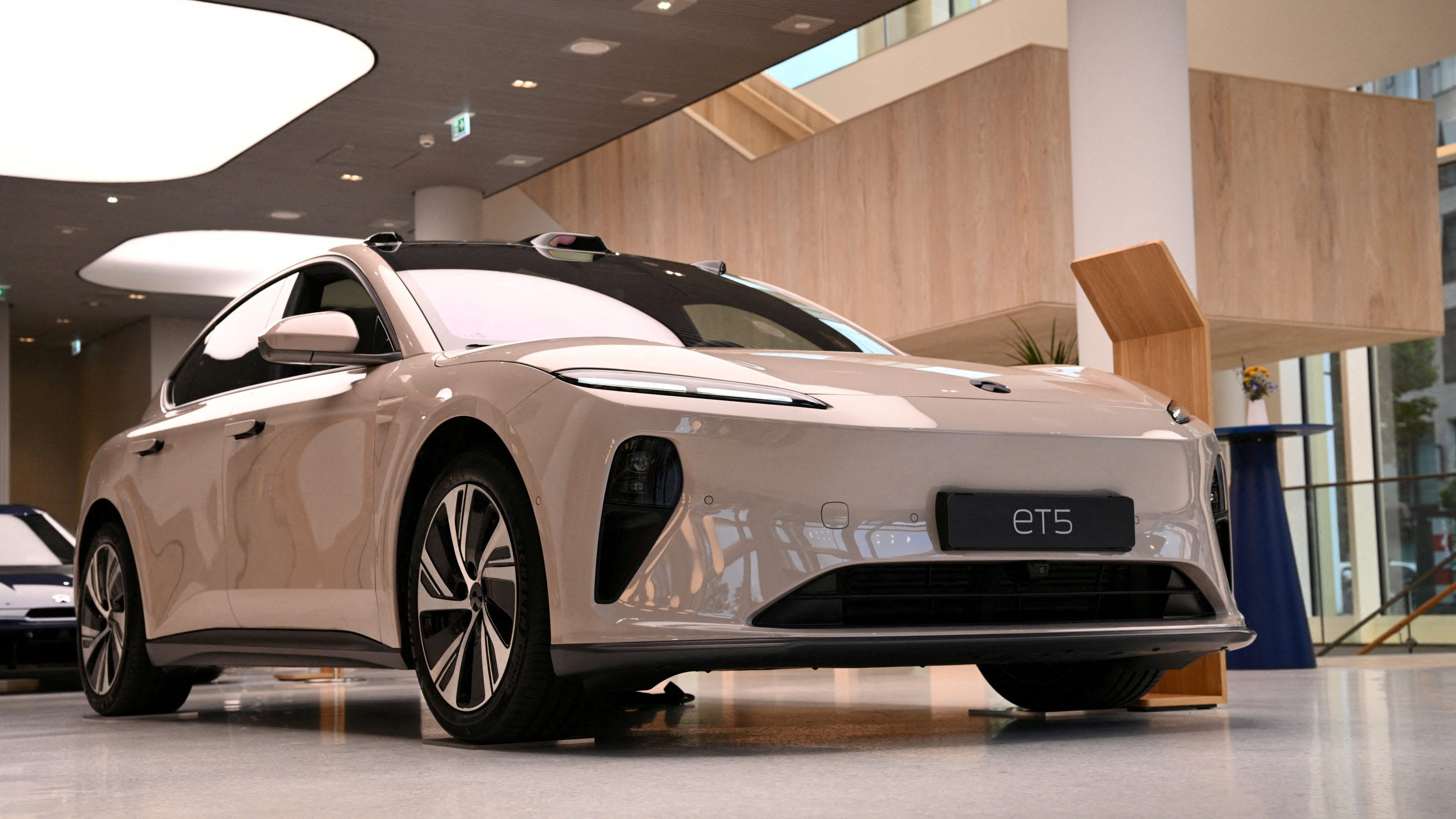EU considers imposition of tariffs against Chinese EV companies – The European Commission is considering implementing punitive tariffs to shield European Union automakers from cheaper Chinese electric vehicle imports, which it claims are subsidized by the government.
“Global markets are now flooded with cheaper electric cars,” European Commission President Ursula von der Leyen said in her annual address to the European Parliament. And their prices are artificially kept low by massive state subsidies.
The current EU standard for vehicles is 10%. Over the following 13 months, the Commission will determine whether to impose tariffs over that level, potentially sparking a trade war with China.
The anti-subsidy probe encompasses non-Chinese brands manufactured in China, such as Tesla, Renault, and BMW.
Also see: Coinbase says not discontinuing services in India but disables sign-ups
Google Might Use Samsung’s FO-WLP to Make Tensor G3 Run Cooler Than the Tensor G2
The probe into the “flood” of Chinese electric vehicle businesses entering Europe comes just one week after the IAA Mobility 2023 conference in Munich. Chinese EV companies, from BYD to startups like XPeng, attended in droves, more than double their attendance from the previous year. According to the conference organizers, around 41% of the presenters were from Asia.
In order to compete with their Asian counterparts, European automakers rushed to show off lower-cost, high-tech EVs at the expo.
While Chinese automakers do not currently have a large market share in Europe, this might easily change if they expand beyond China’s borders. Chinese EV manufacturers are feeling compelled to expand overseas as domestic consumer demand declines due to an economic slowdown and Tesla’s aggressive price reduction increase domestic competition.
According to figures from the China Passenger Car Association, China’s auto exports increased 31% in August. According to the European Commission, China’s share of EVs sold in the EU has climbed to 8% and might reach 15% by 2025.
Recent announcements support that prediction.
XPeng announced at the IAA that its luxury SUV, the G6, will be available in Europe next year, joining other models already available in Norway, Sweden, Denmark, and the Netherlands. BYD introduced a new automobile selection for the European market during the event. Earlier this year, Nio announced intentions to launch a new vehicle brand for the European market in 2024, which will be manufactured at a new plant in China.
The Chinese Chamber of Commerce in the EU protested to the probe, claiming that China’s competitive advantage was not the result of subsidies and that the EU should examine Chinese EVs honestly.
The EU, like the US, wants to lessen its reliance on China, notably for resources and products required for the transition to electric vehicles. Beijing has also grown closer to Moscow in the aftermath of Russia’s invasion of Ukraine, which has alarmed some EU policymakers.

















